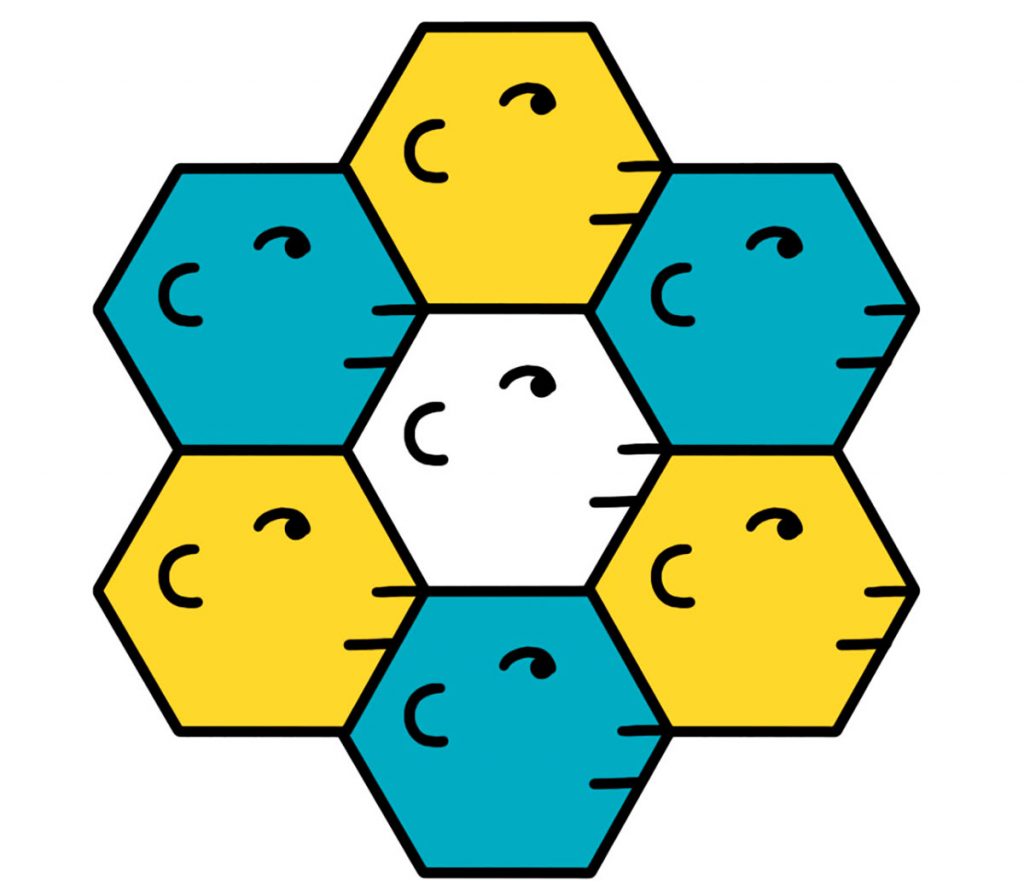Even if there were a central spot in the brain responsible for coordinating and integrating all of the information circulating in its many networks, this would hardly satisfy the definition of a self. For any such center would itself be internally complex, constantly changing, and hardly the thing with which we identify when we say I. That is, it would only be one more process underlying the construction of the illusion of the self. So, not only does the best neuroscience tell us that there is no such center of our identity, but even if there were, the multiplicity of processes necessary to constitute any such identity means that this would not be a self.
♦
Excerpted from Losing Ourselves: Learning to Live without a Self by Jay L. Garfield. Copyright © 2022 by Princeton University Press. Reprinted by permission.
Listen to Tricycle editor-in-chief James Shaheen and scholar Jay L. Garfield discuss the ethical perils of self illusion and how to let go of our selves in a recent episode of Tricycle Talks.
Thank you for subscribing to Tricycle! As a nonprofit, we depend on readers like you to keep Buddhist teachings and practices widely available.
